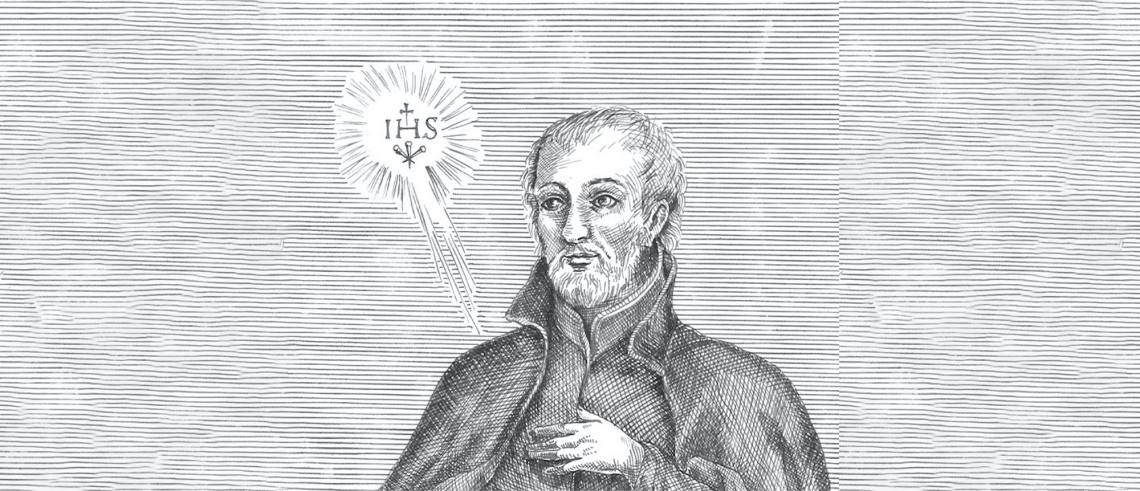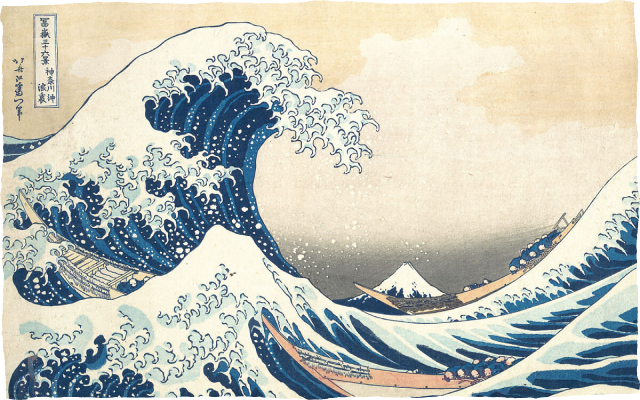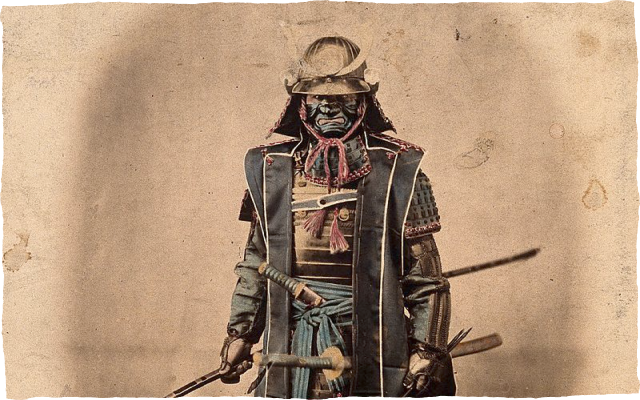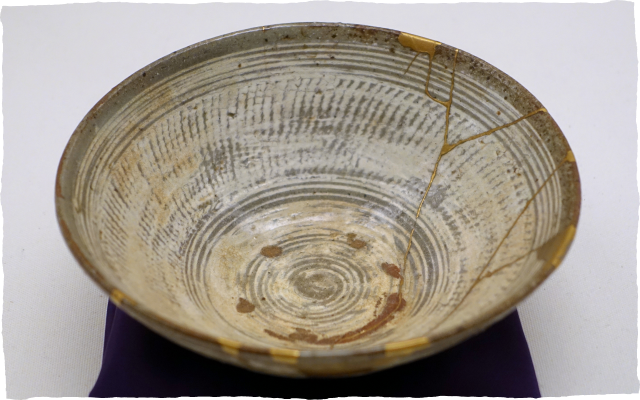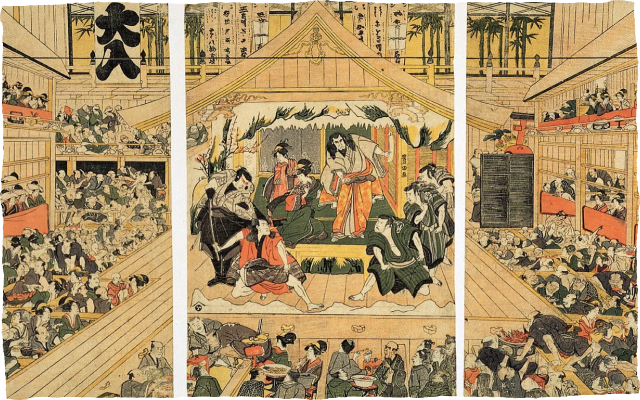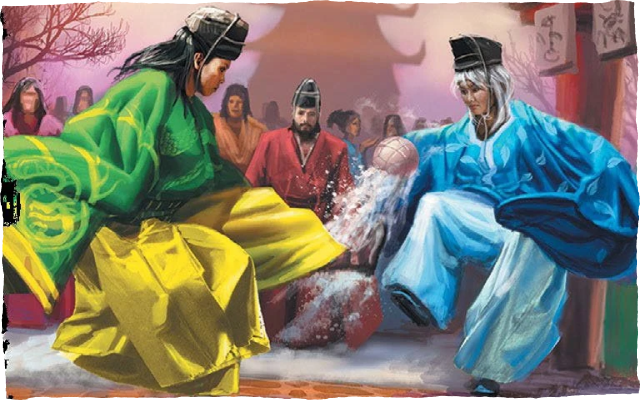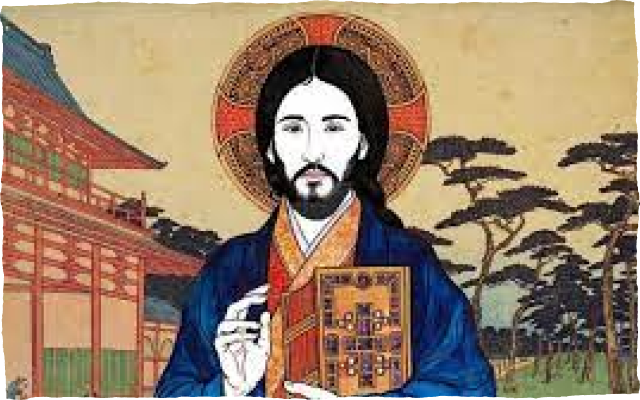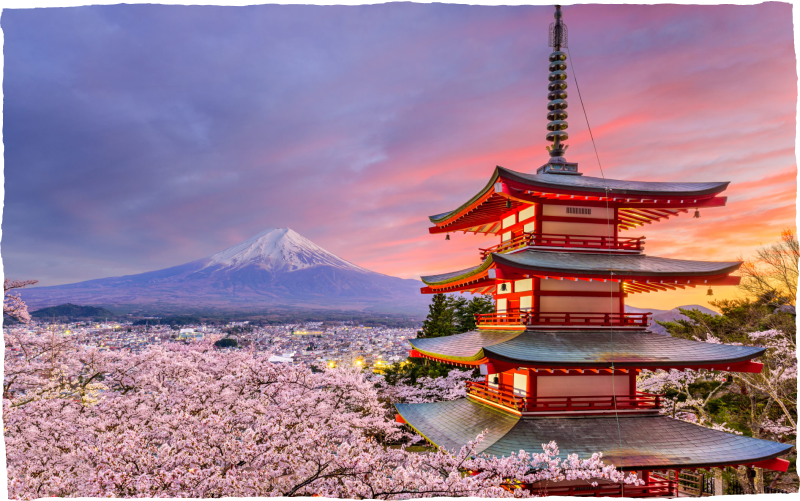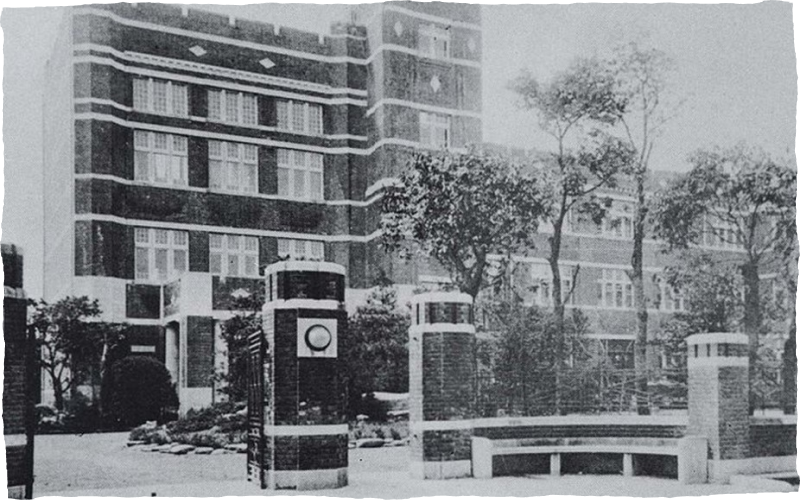Japanese Family Structure
The traditional family unit in Japan consists of a mother, father, and their children. This type of family group is called Kazoku. Traditionally, three-generation households were the norm, with adult children living with their parents and their own husband and kids. The Japanese place such a high value on familial relations that they often call people by their surnames, or last names. The Japanese don't usually give their children middle names, and only use first names within their own household.

